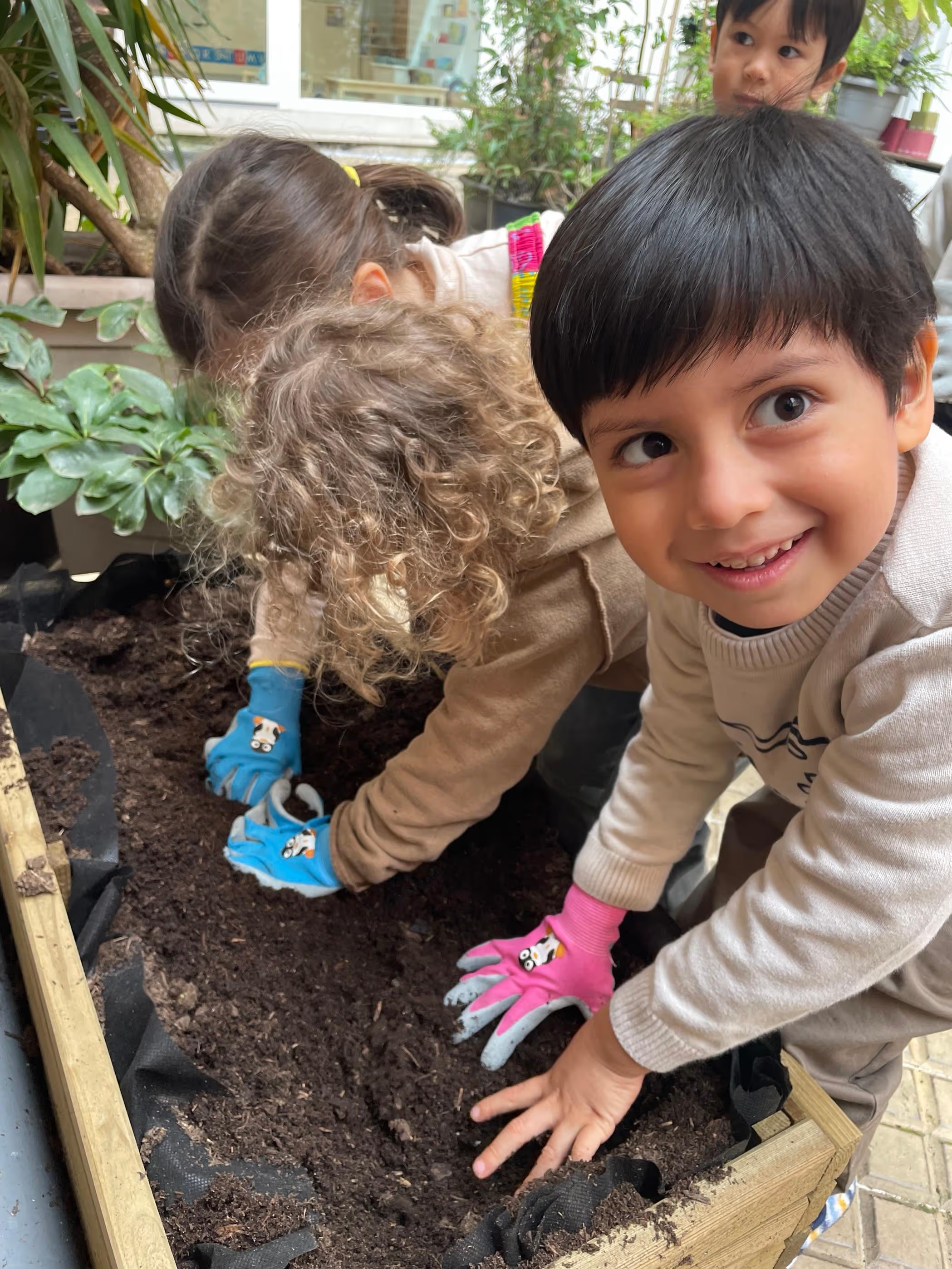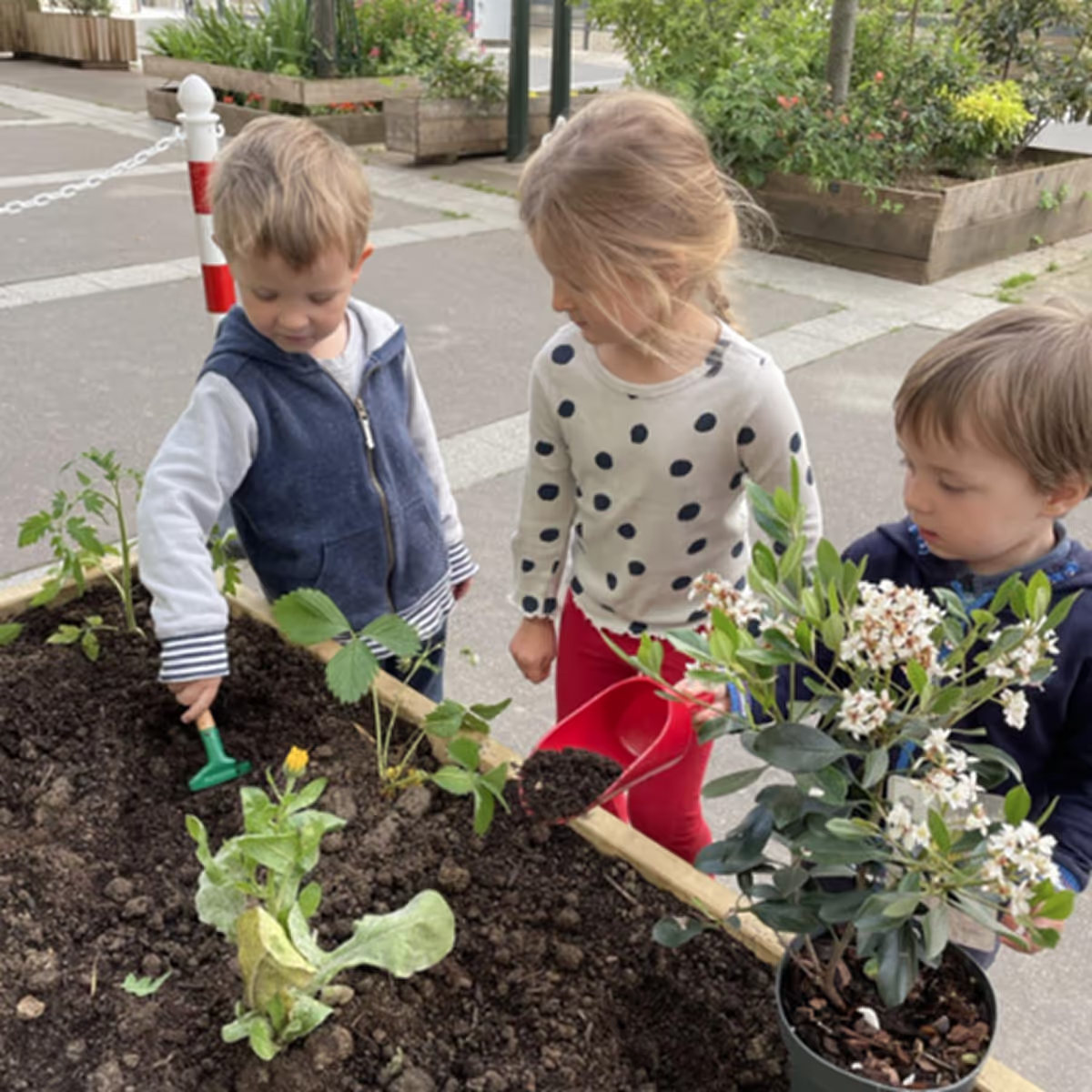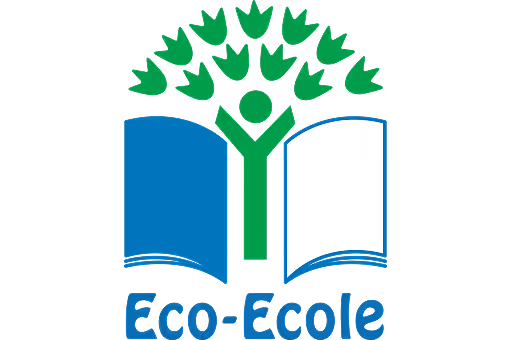Aware of the environmental issues of our time, the educational team at école M takes a strong interest in the transmission of ecological values in the school's educational program.
At école M, we aspire to raise our students' awareness of sustainable development, ecology, environmental preservation, recycling, and eco-gestures so that they become aware of their impact on the planet and become eco-citizens. Our commitment to preserving the environment is punctuated by actions carried out both by the teaching team, and by the school's children on a daily basis.
Ourenvironmental approach is accompanied and supported by the Eco-Ecole label, an international program of education for sustainable development (ESD), supported by the French Ministry of Education, which contributes to the 17 sustainable development goals set by the UN as part ofAgenda 2030. École M's sustainable development policy was drafted by representatives of the école M's educational community.


Awareness of ecological issues takes place every day at the école M. Children learn to reduce their ecological footprint on a daily basis through ecogestures:
In our classrooms, the theme of ecology is regularly addressed through stories, educational activities, school outings and during meal times.
In the context of obtaining the eco-school label, the educational team of école M chooses each year a theme to work on with the children (waste, food, climate...). A whole repertoire of adapted activities is thus deployed by the teachers to explain, raise awareness and enable pupils to become responsible citizens.


In order to ensure the continuity of the children's learning at home and in the constant development of the family-school relationship, it is essential for us that the parents of our students commit to an ecological approach by adopting small gestures on a daily basis.
The management of the école M network is also committed to adopting a respectful attitude towards the planet in its daily actions and in the development strategy of the M schools.
Management pays particular attention to :
